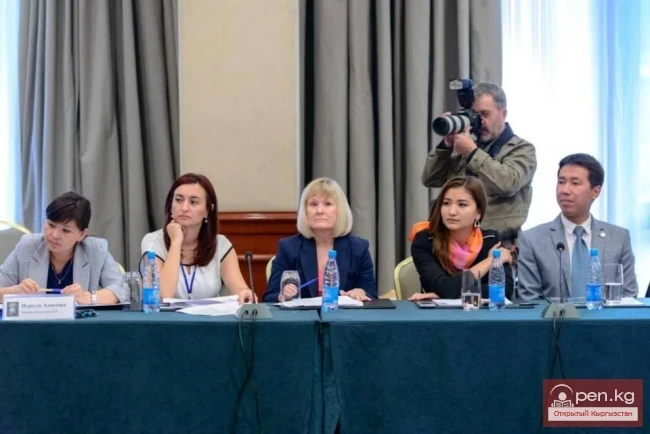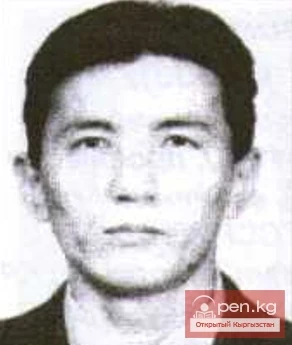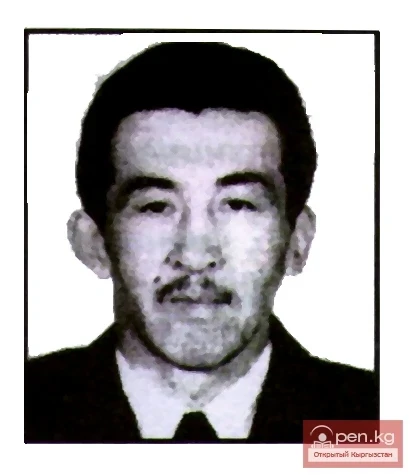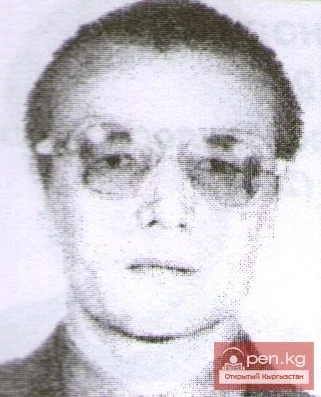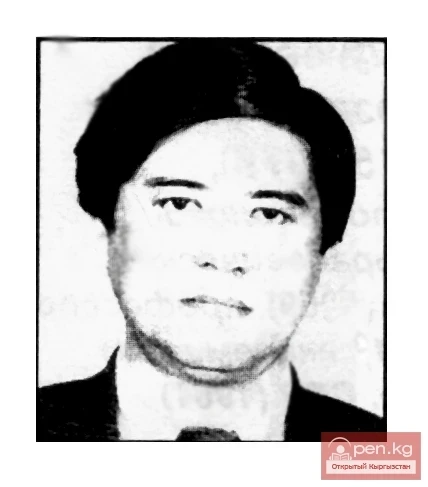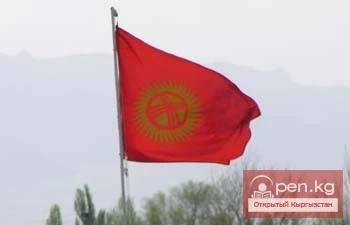
As part of the project "Protection of the rights and interests of graduates of boarding-type institutions," it is planned to analyze the current legislation and develop recommendations for the government of the Kyrgyz Republic to support graduates of boarding schools. In addition, public organizations will help identify the agency responsible for the integration of orphanage graduates into society, as well as improve the interaction between government organizations, NGOs, and the media to raise awareness of the problems and stigmas faced by graduates.
According to UNICEF, 11,000 children and adolescents in our country are raised in orphanages and boarding-type institutions, from which an average of 450 young people aged 15 to 18 graduate each year. Most of the orphans (88%) have families with whom they do not maintain relationships.
The legislative system of the Kyrgyz Republic does not recognize the right of these young people to any assistance, and no government agency addresses their integration into society after graduating from orphanages and boarding schools, while state social workers are effectively untrained to provide support and assistance to these children. By law, even children whose parents have officially abandoned them are not recognized as orphans, and therefore do not have the right to receive any additional assistance from the state.
Having left their institutions and lost state support, they often find themselves unable to cope with socio-economic problems on their own. According to a study on the assessment of the rights and needs of orphanage graduates conducted by "Oasis" and "Our Voice" in 2015 with financial support from USAID, 91% of graduates try to establish their lives in the cities of the republic, where there is a very high risk of being involved in criminal activities, prostitution, or becoming victims of human trafficking.
The results of the study were presented at a meeting of the parliamentary committee on human rights, and the first decisions were made to improve legislation and create a unified database of orphanage graduates. However, to date, the responsible government agencies have not taken any steps to implement the committee's decision.
